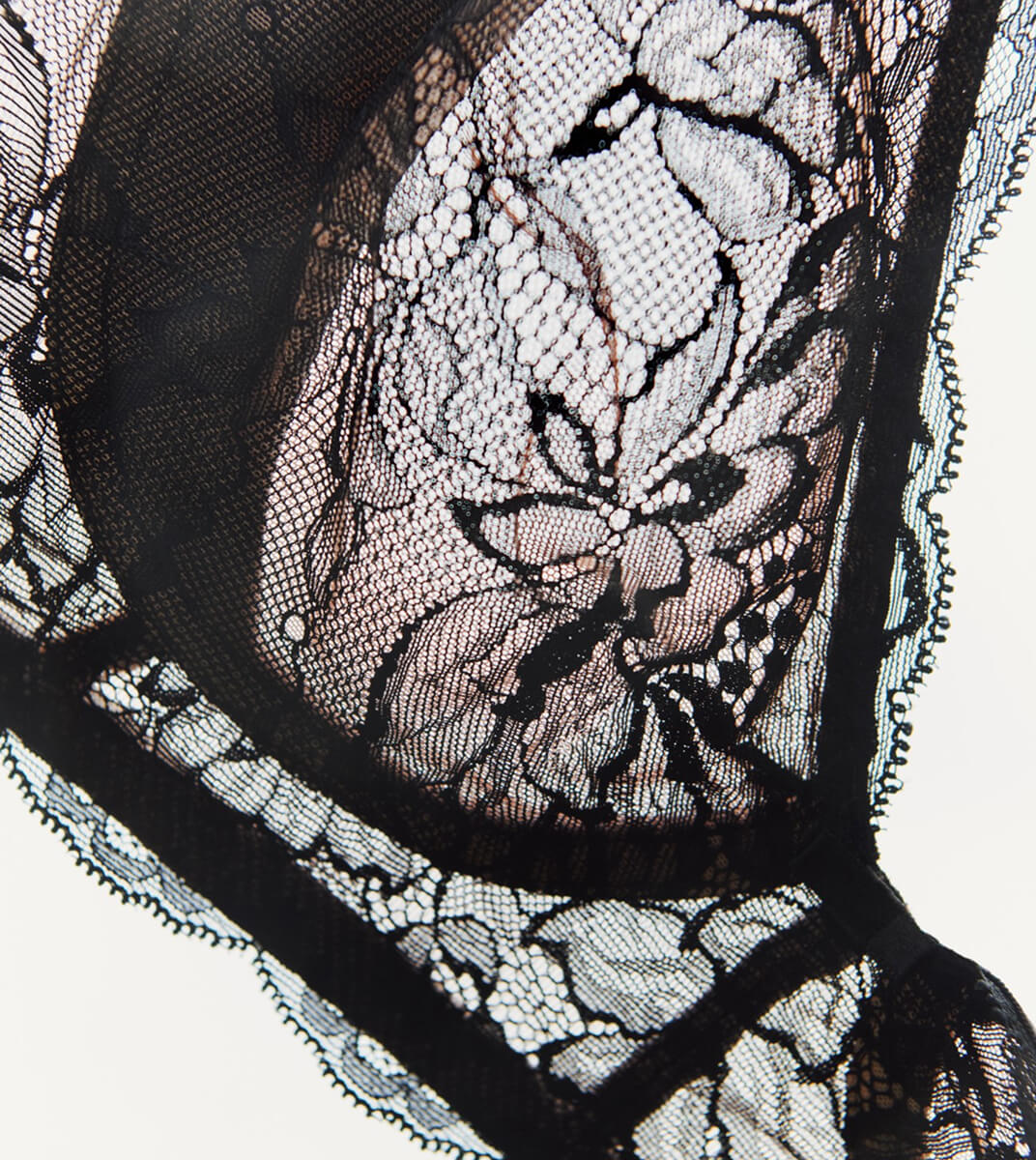Preferred
materials

We know our materials carry the most significant impact on our activities. In 2020, we started our journey to reduce our impact on materials, swapping virgin materials for recycled or organic materials. That’s why we’ve taken stock of each and reduced our impact through material selection.
We intend for the majority of our materials to be recycled.
We’re switching to recycled polyamide and recycled polyester.
We will adopt organic cotton wherever possible.

Man-made fibers
Lyocell
The lyocell we use comes from sustainability managed sources. It’s produced in a closed loop, which allows a high percentage of the chemicals used in the process to be reused. Unlike viscose or modal, lyocell uses an organic solvent to extract the cellulose from the wood, which is easier to filter and reuse.

Recycled materials
Recycled Polyester
The environmental impacts of recycled polyester are lower than that of virgin polyester in terms of energy use, water use and greenhouse gas emissions. It also diverts waste from the landfills. However, we are conscious of its limitations when it comes to micro fiber pollution.
Recycled Polyamide
Depending on type, nylon can be chemically or mechanically recycled. The main advantage of recycled polyamide is that it reduces our dependence on petroleum raw material source. Producing recycled nylon requires less energy, less water and generates fewer greenhouse gas emissions. It also diverts waste from the landfills and reduces toxic emissions released from incineration of waste. But we are aware that recycled polyamide releases micro plastic and, depending on the recycling process, it still uses a certain amount of energy, water and chemicals.

natural fibers
Organic Cotton
Compared to conventional methods, organic cotton farming uses less water, reduces soil erosion, decreases nitrate bleeding into groundwater and surface water, and recycles animal waste back to the farm.

To achieve our targets towards materials, we work with world-leading certification standards GOTS (Global Organic Textile Standards) and GRS (Global Recycled Standards) to strengthen our switch to materials to further reduce the impact of the materials.
We completed full GOTS and GRS certification for our Europe region in July 2022. All involved suppliers and factories will be audited annually.
The Global Recycled Standard (GRS) is a comprehensive international standard that operates on a voluntary basis. It covers all aspects of third-party certification of recycled content, chain of custody, social and environmental practices, and chemical restrictions.
By adhering to the GRS, we enhance supply chain traceability as every stage of production is required to be certified, starting from the recycling stage and extending to the last seller involved in the final business-to-business transaction. This ensures that the entire process aligns with the Content Claim Standard.
Certified by Ecocert Greenlife under license no. 262425, as per the GRS standard, which can be verified on the official website of Textile Exchange at https://textileexchange.org. Only the products which carry the GRS label and claim are certified.
The Global Organic Textile Standard (GOTS) is recognized as the world’s leading processing standard for textiles made from organic fibres. It defines high-level environmental criteria along the entire organic textiles supply chain and requires compliance with social criteria as well. It also allows for labelling of in-conversion products.
Entire supply chain from gin to end-product manufacturer should adhere to GOTS certification, and the farm production should be certified according to organic production standard. This is the way that we improve our supply chain traceability.
Certified by Ecocert Greenlife under license no. 262425, as per the GOTS standard, which can be verified on the official website of Global Standard at https://global-standard.org/. Only the products which carry the GOTS label and claim are certified